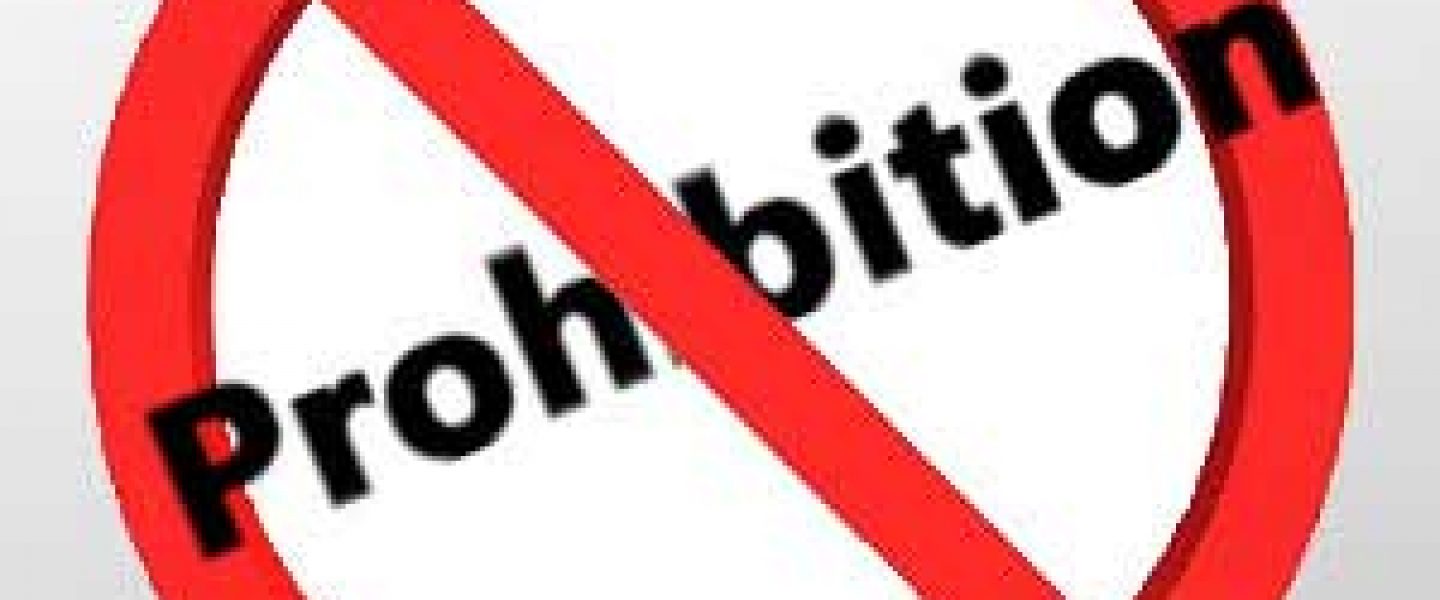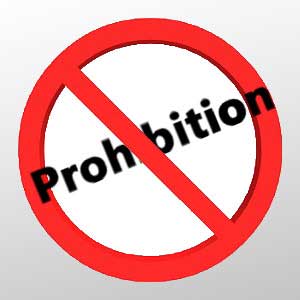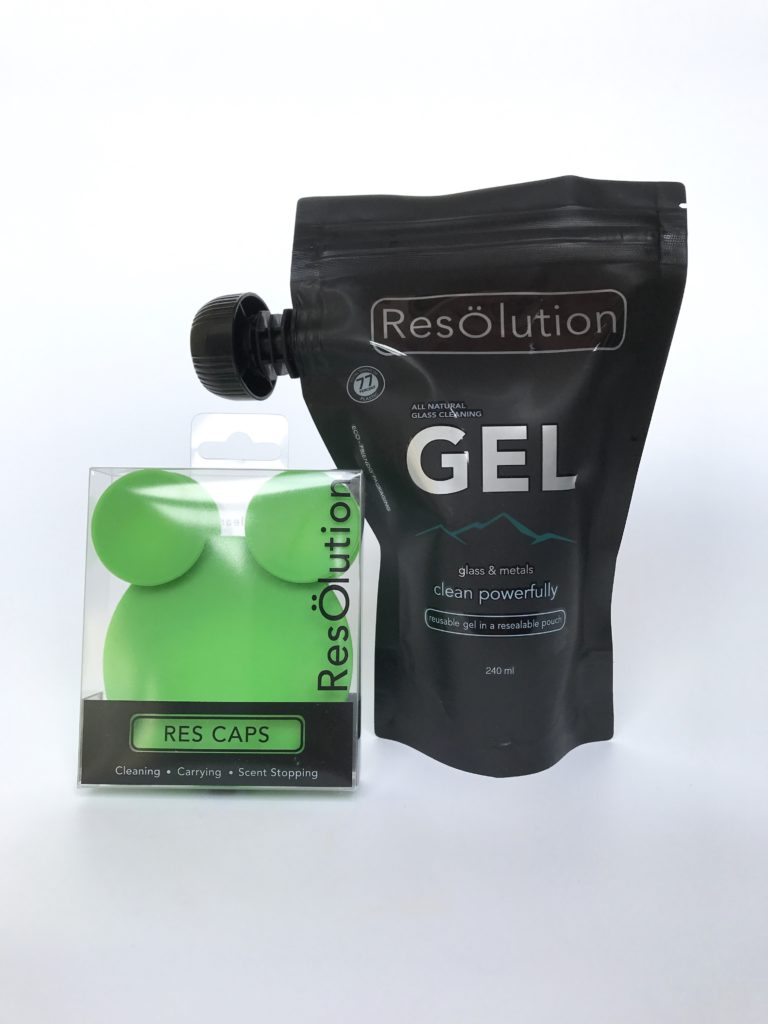Kevin Sabet, or “Kevin Sabet, Ph.D.,” as he likes to be known, is becoming the go-to guy for arguments against marijuana legalization. A former senior advisor in the drug czar’s office, he, along with former Congressman (and recovered pain pill popper) Patrick Kennedy, are the men behind Project SAM (Smart Approaches to Marijuana), an organization created to stem the tide toward marijuana legalization. His op-ed pieces now pop up with some regularity, and earlier this month, he appeared before the Senate Judiciary Committee as the lone witness to raise the alarm about looming legalization in Colorado, Washington, and beyond. (He was undoubtedly invited to testify at the behest of Chuck Grassley, the octogenarian Iowa Republican who appears to be the only Reefer Madness-style politician left on the committee.)
Now, Sabet has organized and expanded his arguments in book form, and people interested in changing the marijuana laws will be seriously remiss if they fail to read, understand, and address them. Not because they are necessarily correct, but because Sabet is this generation’s gentler, kinder voice of marijuana prohibition. The arguments Sabet makes in Reefer Sanity are sure to be used as ammunition by the foes of reform; count on them being echoed across the land as the debate spreads from state to state.
The important thing to know about Sabet is that he generally approaches marijuana policy from a public health perspective. For him, policy is about preventing marijuana use in the first place and then reducing the harms of its use (see below) when prevention fails. Yes, he still wants to arrest you, but only for the kinder, gentler reason of getting you into forced drug treatment.
But his focus on harms exposes a curious lacuna in his thinking: he never addresses the benefits of smoking marijuana, or drinking booze, or whatever other drug is in question. An argument that says only that X number of teen potheads will go schizophrenic or that X number of marijuana users will get in car wrecks or that marijuana use will cost X dollars in increased health care costs, but that fails to note that 1000X pot smokers will endure sweet moments of bliss, hilarity, and camaraderie is an argument with half the equation missing.
Yes, we have a certain number of alcoholics. We also have tens of millions of people who derive pleasure from sipping a fine California cabernet sauvignon with dinner or enjoying a cold, cold beer during a hot summer ball game. And even someone beginning his day with a cup of coffee and a cigarette (addictive substances both) derives some small pleasure from doing so. It’s hard to put a dollar figure on such positives, and even harder when you don’t even consider them.
Before getting into specifics, my other major problem with Sabet’s approach is his willingness to use the coercive power of the state to make us conform to his vision of the public health. As Ethan Nadelmann is fond of putting it, “absent harm to others” the state should just butt out. Sabet doesn’t want people thrown in prison or jail for marijuana; he wants them thrown in coerced treatment. He doesn’t want people to suffer the life-long consequences of a marijuana arrest; he just wants to arrest them to “help” them. (Sabet would like to see marijuana possession arrest records disappear so as to not hurt one’s future chances, but he still wants to arrest you for your own good.)
This is the danger when the nice-sound label “public health approach” gets stuck onto what is really still a criminal justice approach, with what is arguably a public health component tacked on. We trade cops, arrest, and imprisonment for cops, arrest, and treatment. But we still have the cops and we still have the arrests, and with the treatment component, we get extended surveillance and control by the state. There is a really human liberty interest here of which those, like Sabet, who can only conceive of drug use in terms of human slavery, are almost totally blind.
Sabet constructs his book around “Seven Great Myths About Marijuana.” Here they are, with my briefest of responses. (I’m counting on the rest of you out there to do the detailed responding to his arguments; I’ll limit myself to general comments here.)
Myth #1: Marijuana is Harmless and Non-Addictive. I don’t know too many serious reformers who would make this argument, but they would say that its harms in most cases are minimal and that it’s addictive in the same sense that a substance like coffee is addictive. And the dreaded withdrawal syndrome is about as horrendous as going off coffee. Not to mention that there are many people Sabet would qualify as “marijuana addicts” who nonetheless manage to lead happy, productive, creative lives.
Myth #2: Smoked or Eaten Marijuana is Medicine. What I find interesting about this section is the way it illuminates a growing divide between people who believe only in standardized, pharmaceuticalized Western medicine and people more inclined to accept naturalistic remedies. For Sabet, if it ain’t a pill manufactured by a drug company, it ain’t medicine. For medical marijuana supporters (and many others), however, the wonders of pills, with all their toxicities and other side effects, leave something to be desired. A nice hit of high-CBD weed or a cup of poppy tea work quite well, and they’re not going to destroy your liver or make your hair fall out or cause impotence or any of those other litanies of side effects we’re treated to in those drug company TV ads.
Myth #3: Countless People Are Behind Bars Simply for Smoking Marijuana. No responsible reformer believes that. It is an argument that I see frequently being made by well-intentioned but ill-informed people, but, as Sabet demonstrates, it just isn’t so and the drug reform community has understood that for some time now. The collateral consequences of a pot arrest are a different story. Sabet would like to minimize arrest records to reduce those consequences, but he still wants to arrest you so the state can get its claws into you.
Myth #4: The Legality of Alcohol and Tobacco Strengthen the Case for Legal Marijuana. Here, Sabet argues that the costs of legal alcohol and tobacco far exceed the benefits, and that legalization of marijuana will increase use and its attendant harms. But he elides the qualitative differences in the harms of the three substances. Is more marijuana use going to cause more bar fights, domestic abuse, and drunken brawls? Not likely. Is more marijuana use going to cause more schizophrenia or lung cancer? Well, we’ve had nearly a half-century of pot-smoking cohorts and have yet to see associated increases in those illnesses. But bottom line, it’s a matter of fundamental fairness: How can you justify criminalizing people for using a substance less harmful than legal substances like alcohol and tobacco?
Myth #5: Legal Marijuana Will Solve the Government’s Budgetary Problems. Sabet suggests that tax revenues from legal weed will be lesser than expected because of tax evasion and falling prices and that legalization will bring its own costs, such as paying for a regulatory framework. How true this is remains to be seen, but like many of his other “myths,” this is in large part a straw man argument. I hear serious reformers saying marijuana tax revenues will help, not that they will be a panacea.
Myth #6: Portugal and Holland Provide Successful Models of Legalization. Sabet points out, accurately enough, that neither Portugal nor Holland have actually legalized marijuana; Portugal decriminalized the possession of all drugs, and Holland tolerates controlled sales and possession of small amounts. He points to mixed results from Portugal and to recent moves from conservative Dutch governments to try to rein in the cannabis coffee shops, but fails to note the strong resistance in Holland. He also points to increasing Dutch teen marijuana use, but fails to note that it is well within European norms. He also fails to note the consistent finding from social scientists that the link between drug policies and drug use rates is quite weak.
Myth #7: Prevention, Intervention, and Treatment are Doomed to Fail — So Why Try? Prevention efforts can reduce use rates and some forms of drug treatment show more promise than others. Okay. I’m all for treatment for people who want and need it. But Sabet seems to assume that anyone who smokes marijuana needs treatment, and he’s willing to see you arrested, sent to drug court or its equivalent, and placed under extended surveillance by the state to get his druthers. Also, typically, he points to high numbers of marijuana users in treatment without noting that a majority of them are sent there by the courts, the schools, or other authority figures after getting busted — not because they are “marijuana addicts.”
Get familiar with these arguments and how to respond to them. Pull apart those straw men. Find those fallacies. Examine those underlying assumptions. You’re going to be hearing a lot of arguments just like these in the months and years to come. Part of how effectively we move forward on ending the drug war depends on how effectively we rebut its slickest proponents. And Kevin Sabet is among the slickest with his kinder, gentler public health neo-prohibitionism.
Article From StoptheDrugWar.org - Creative Commons Licensing - Donate










